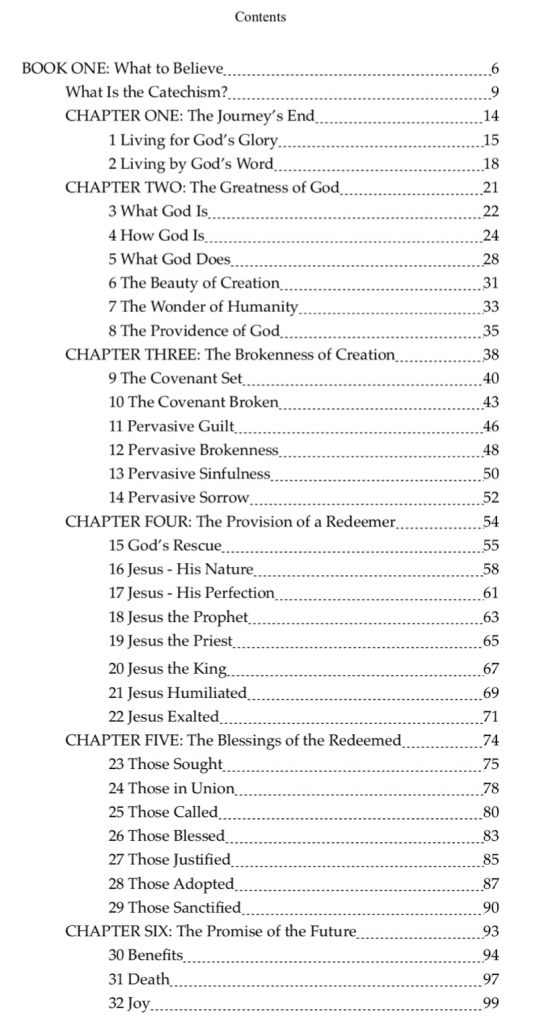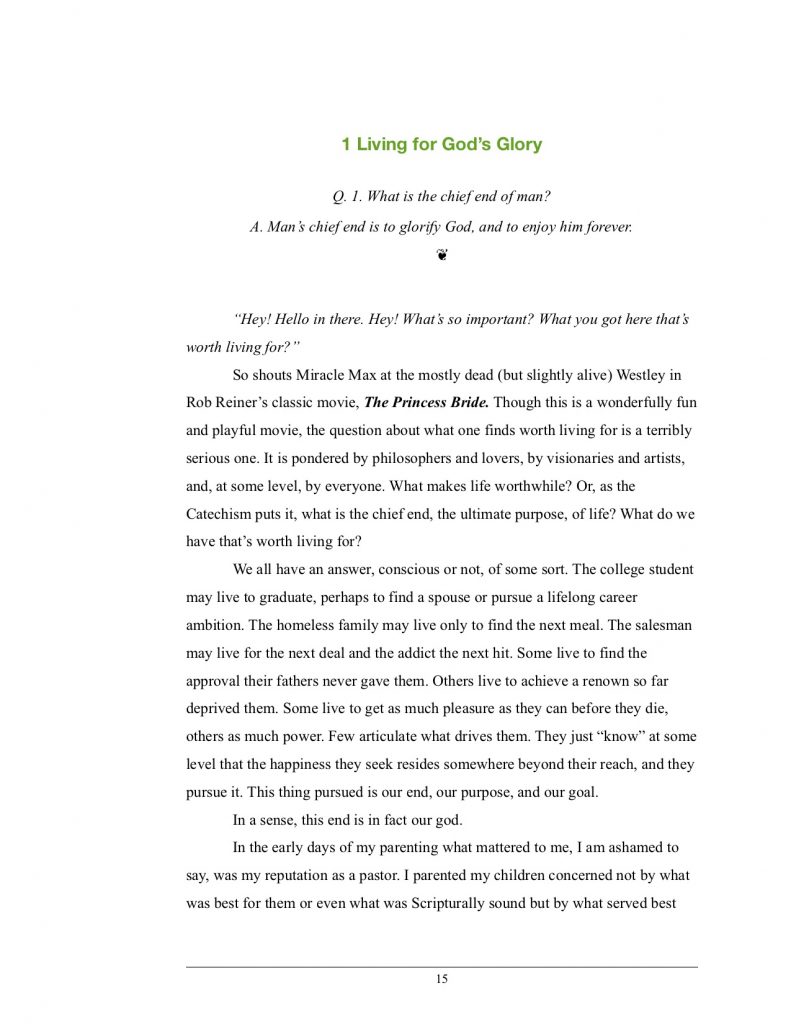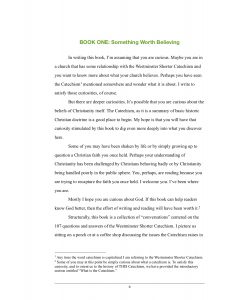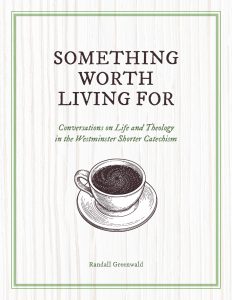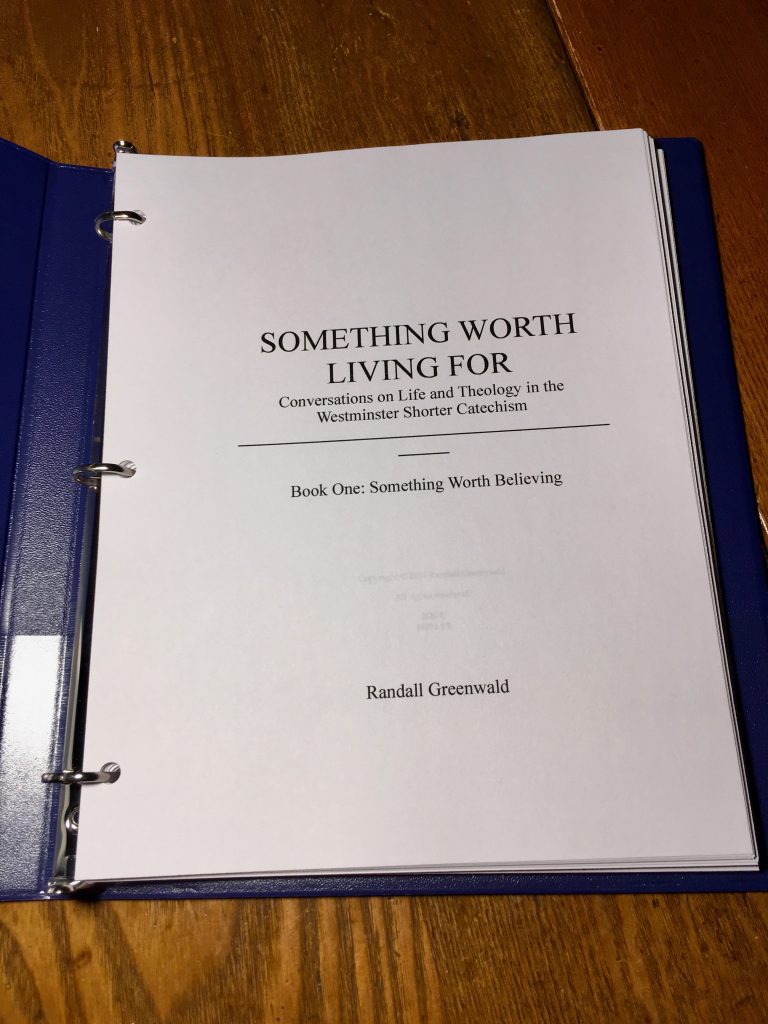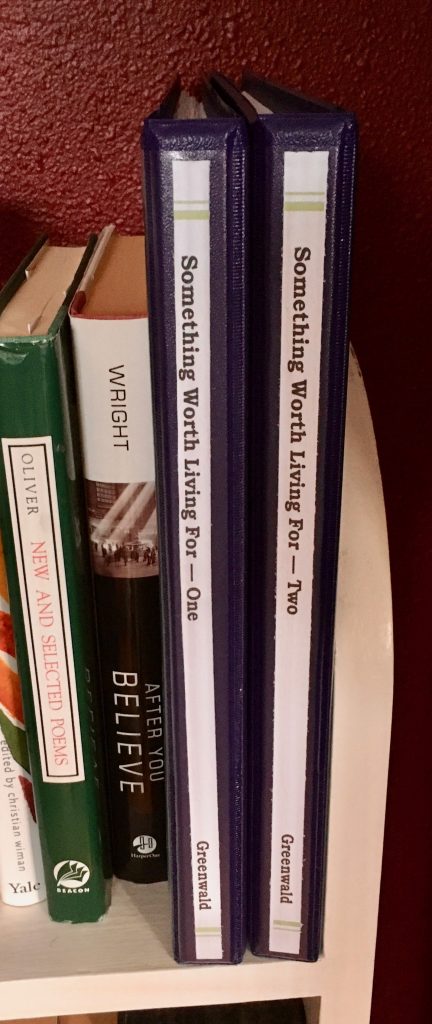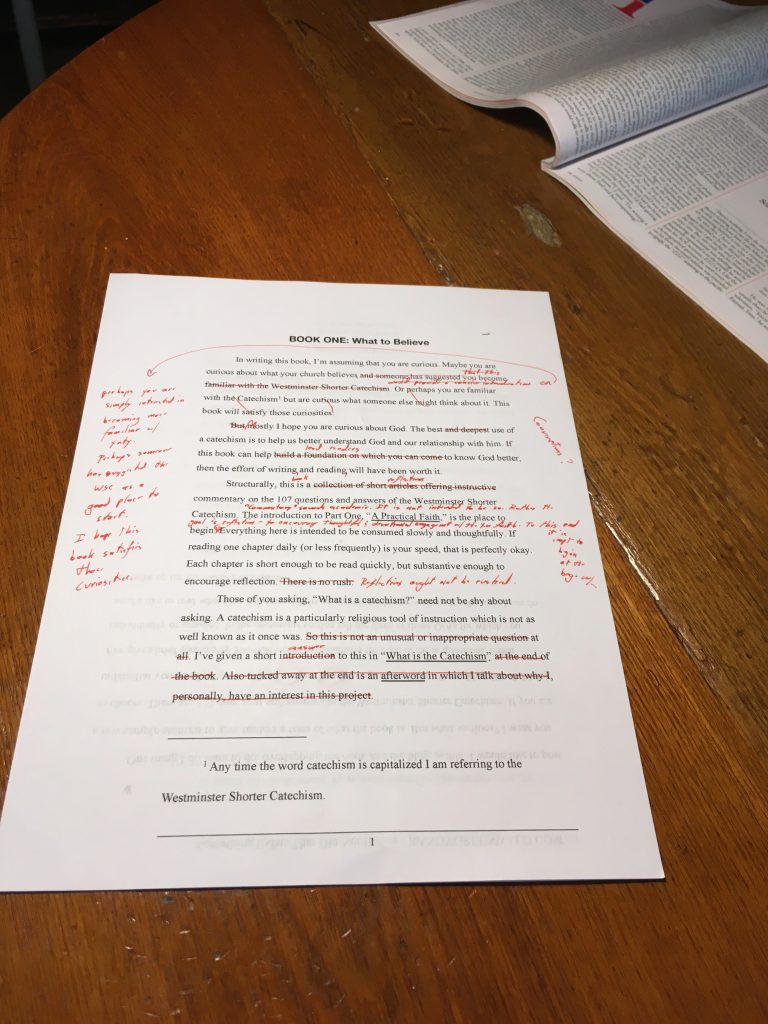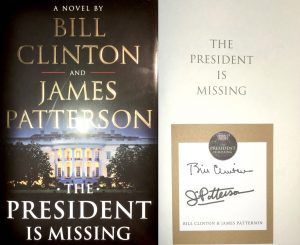I am posting excerpts from pastoral letters written for the congregation of Covenant Presbyterian Church in Oviedo, Florida. These are offered with the prayerful hope that others might find perspective or encouragement in them.
❦

We are a church, and to speak of a church in isolation from one another is in many respects a contradiction. The words translated “church” in the Old and New Testament are words that mean “assembly.” We are MEANT to gather, to do what our commitment to life right now does not allow us to do. Zoom Bible studies and session meetings and community group meetings are welcome, but not the norm. We are meant to be together and the longer this goes on the more we will feel that.
Recently my son and daughter-in-law reflected on the deep loss felt when the church is not able to gather. It is worth a listen.
The church is meant to gather and we are missing that deeply.
But as we lament what we have lost, I hope you still laugh. There is sorrow about, but “a joyful heart is good medicine, but a crushed spirit dries up the bones.” (Proverbs 17:22) To laugh is to acknowledge that the kingdom of this world will fall. To laugh is to know that there is yet something better before us. That was the hope that permeated the reigns of Israel’s kings, this longing for the Messiah, for something better, and it is still the hope of the Christian looking for the return of Christ.
But, we are asked, though we do not know the timing of our savior’s return, do we know when public worship will return? There [were] public calls for us to return to worship on Easter Sunday, calls based more on wishes than fact. We were not able. We will continue to monitor the counsel of public health agencies and remember that to take steps to reduce the spread of a virus is a very pro-life act. For the church to sacrifice for a time for the sake of our neighbors is an act of love.
But this I can say: when once again God’s people here and elsewhere are cleared to join in public worship, THAT day will be Easter, no matter when it falls. That Sunday will be the Sunday we celebrate life and the promise of life in Him, for the Lord is risen, indeed.
We still celebrate life in the face of death. When we do, we mock death which seems in the moment to be winning the battle. With the resurrection we know that he, and we in union with him, have won the war.
“O death, where is your victory?
O death, where is your sting?”
The sting of death is sin, and the power of sin is the law. But thanks be to God, who gives us the victory through our Lord Jesus Christ. (1 Corinthians 15:55-57)
Our laughter says we believe that to be true. So perhaps you can laugh with my son and daughter-in-law? They are not only sensitive to the longing we have for worship, they have a good sense of humor.
Your pastor,
Randy



